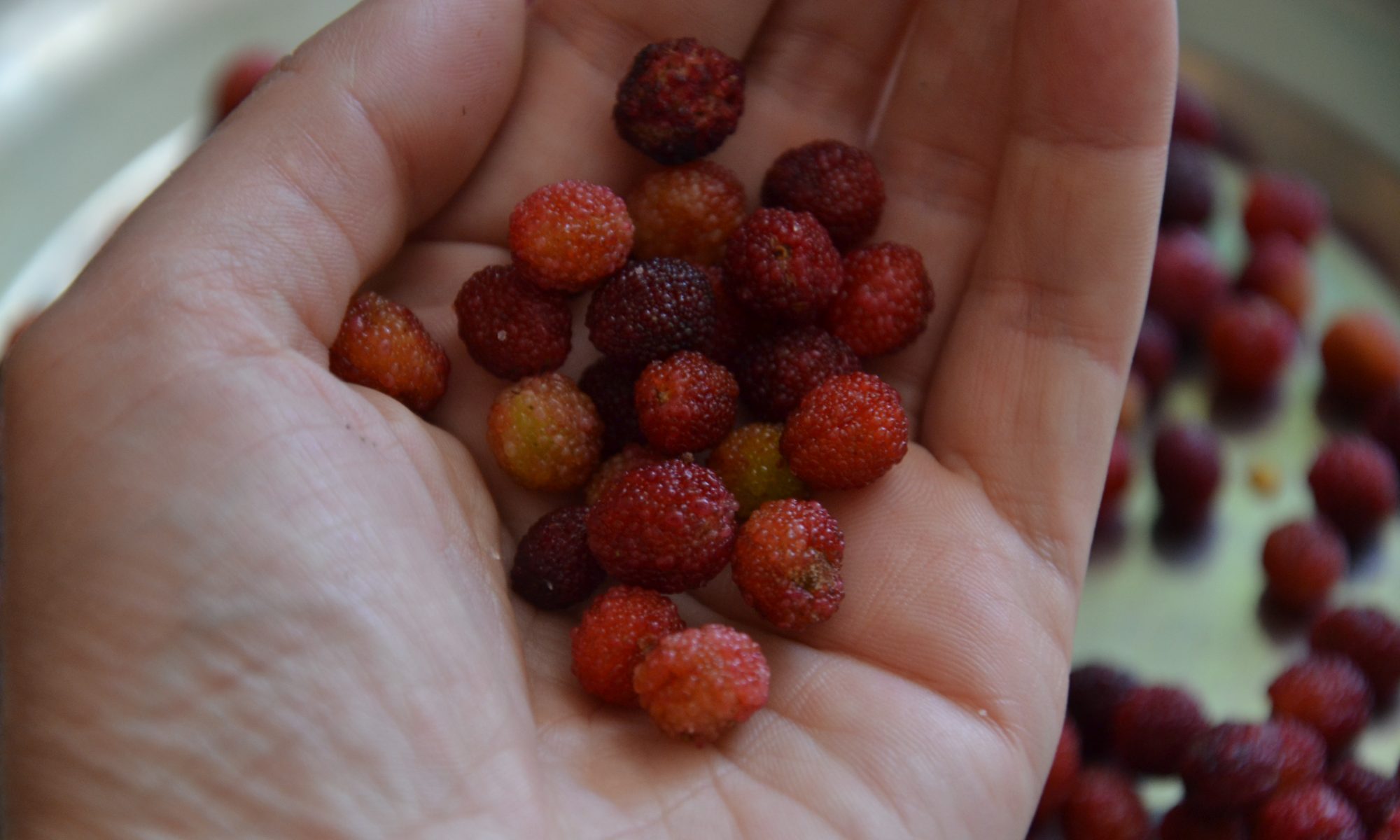Whenever I had been a kid, my father rose at the beginning of the early morning, shuffled to your home in well-worn slippers, and utilized the drip coffee cooking pot to brew a glass of Folgers Vintage Roast coffee. Those red canisters had been a part that is familiar of youth, even when the style of coffee stayed international for me!
Flash ahead fifteen years. very very Long evenings as a sleep-deprived university student operating on caffeine and adrenaline changed me into a devoted coffee drinker. But my boutique combinations from little town coffee stores come from a different coffee tradition than compared to my father. We savor the flavor of the cup that is good of. I enjoy the aroma. And I also just like the scholarly studies that state coffee drinkers may live much longer . We love that coffee is just a social money. It’s a reason to make the journey to understand a coworker and a good explanation to test out unknown components of your town.
Gourmet Coffee and Worldwide Commodities

And I also have love/hate relationship with coffee as an important item within the commodity market that is global. Each morning, we grind a couple of tablespoons of a Ethiopian bean that is whole from a nearby Phoenix cafe. In doing, We join the 48percent of People in the us my age (that’s 18- to 24-year-old Millennials) whom drink coffee on a day-to-day foundation. Nonetheless it’s in addition to that we have been consuming coffee in mass amount. A written report on nationwide Coffee Drinking styles states that 59% of coffee consumed in the us every is “gourmet. time” This marks a change into the landscape that is“coffee toward specialty coffee…which is also somewhat more costly.
And therefore Ethiopian coffee i like in the day-to-day is delicious. The interest in premium coffee has helped enhance techniques while increasing quality over the value chain. Ethiopia may be the coffee exporter that is biggest in Africa and coffee makes up almost 25 % of this country’s commodity exports . Yet most alterations in the coffee market have not had the significant effects on farmer efficiency and earnings which they could.
I might hope that after We spend $15 or $20 for a case of quality coffee, the coffee farmers whom grow those beans would experience an increase also in earnings.
Aware customers want ecological sustainability and better wellbeing for farmers alongside delicious coffee. That’s exactly what i’d like too!
Certifications like Fair Trade have actually stimulated discussion about where our coffee arises from . But coffee customers anything like me still find it difficult to understand if some of these “guarantees” suggest anything. Certifications vow to generally meet criteria regarding reasonable work, the surroundings, or manufacturing efforts.
But you can find a number that is growing of who state that certifications like these try not to reduce poverty. Studies have shown so it’s hard also for certifications that vow reasonable work conditions to make sure that employees get an income wage. Ensuring “ethical” coffee sourcing is tricky. You will find hurdles of not enough market information, the cost and needs of official official official certification programs, and obstacles of literacy or numeracy. And there are more dilemmas too. Others review sustainability certifications for putting a weight on coffee farmers . At the minimum, many certifications try not to expand requirements that protect the legal rights and livelihoods regarding the poorest individuals. That features individuals who may not land…the that are even own laborers and tenant farmers.
Just what exactly if you’re a aware customer? Do you need the coffee you purchase to aid the livelihood of coffee growers?

Possibly you’re just like me and love your case of Ethiopian beans. Or maybe you like the Guatemalan roast that is dark. I’ve two recommendations. Since one is just a long-game strategy, i will suggest a mixture of both.
Let’s focus on www.datingmentor.org/girlsdateforfree-review the long-game strategy.
Maruhusa Eva is just a widow with six kids. Since using up coffee growing after training from FH, she can once once again offer her household.
Numerous low-income coffee farmers likewise have few cost savings. They might have a problem with not enough usage of credit or insurance coverage. This means a harvest that is poor the surprise of an urgent normal tragedy may be damaging to your livelihood of a family group. But poverty research implies that among the key advantages of cost cost savings teams would be that they offer a “consumption smoothing function that is. That’s econ-speak to express that cost cost savings will help tide families over in a season that is lean.
Learning agriculture that is sustainable can result in quality plants. And assistance meet the needs of coffee’s brand new consumer base! Coffee farmers whom learn sustainable techniques and will implement processes for high quality beans.
Marketplace knowledge, access, and not enough energy also restrict farmers’ ability to offer the plants they develop or even obtain a reasonable cost. Linking coffee farmers with market information, growing leadership abilities, and strengthening community systems can deal with that issue too. They are a few of the practices that are inter-connected community development businesses like Food when it comes to Hungry (FH) implement.
FH supports coffee farmers through cost cost cost savings teams, agricultural practices, and increased connectivity within social and systems that are economic. Supporting development work impacts the everyday lives associated with the world’s poorest people. 78% of these folks are involved in farming, including coffee farmers.
Simply take Haiti, where an FH is using the services of coffee growers in susceptible communities that are haitian. They buy coffees through the 35 farmers at a reasonable cost, then export the beans towards the U.S., where they roast, package, market and offer the beans to U.S. customers. Into the Republic that is democratic of –as well as Uganda and Ethiopia–FH can also be using the services of coffee farmers to enhance their agricultural techniques, linking them to areas, and lovers aided by the Tuungane Cooperative of 1,500 farmers… including creating jobs for feminine coffee farmers like Maruhusa Eva!
exactly exactly What can I do? we nevertheless require my brew morning!
Truly “ethical” coffee calls for organizations to incorporate sustainability and transparency into every standard of the supply string . Which comes call at the core approach businesses try company. And even though they could have a bit more effort than just searching for a brightly-colored label on your own case of food store coffee, check out tips o n how to overcome ethical coffee usage:
- Select regional coffee stores over big chains. You will end up supporting business that is small enhancing the chance that the store owner has a primary relationship to roasters and farms!
- Purchase from tiny coffee roasters. They might be associated with the supply string and agriculture procedure. They may also manage to respond to questions in regards to the farms they purchase their beans from!
- Analysis the supply chains of individual coffee stores or roasters. You can also speak to your business that is favorite to about where their beans originate from and just how much they learn about the supply string. Find a couple of with proof of good methods and regular the stores whose values you trust!
- Provide coffee tree seedlings to start out a coffee that is thriving for a family group in Uganda or Ethiopia! This plot ensures a steady stream of income through the sale of coffee, lifting them out of poverty since coffee is an important cash crop in many parts of the world. Giving monthly also enables FH to support coffee farmers that are best when you look at the communities where we currently work!
